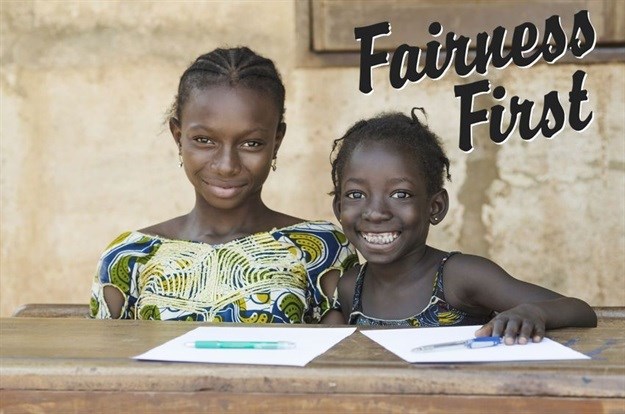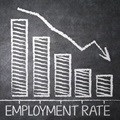#FairnessFirst: How sending girls to school changes the economy

Last week, International Day of the Girl Child was celebrated across the globe, with the 2018 theme of ‘With her: A skilled girl force’.
Fittingly, a highlight of last week’s Ads24 Food for Thought Cape Town 2018 session was when dialogue director Prof Nick Binedell introduced straight-talking economist Dr Dawie Roodt.
The theme of International day of the girl child aims to raise awareness for the importance of education and employment of young females and how they can improve their own lives and the world.
— The Standard Digital (@StandardKenya) October 11, 2018
Support the girl child. Help them receive what is rightfully theirs. #DayOfTheGirl pic.twitter.com/eoxO45m5Ar
Then the business world boomed, with men going on to trade their findings, while women stayed at home to care for the family.
From hunter-gatherers to human rights, to sending girls to school
So while acceptance of the gold standard changed our bartering ways, Roodt says one of the biggest changes in the past 100 years was the global economic breakthrough as a result of it becoming the norm to send girl children to school.
How long you can send your girl children to school; that’s the strongest contraceptive in the world. Those who go to school will likely send their own girl children to school, as they tend to be the primary parent in Africa, with the snowball effect that it then takes about three generations for them to enter the working industry.The caveat is that it’s only from the second generation onwards that they enter the professional job market. So don’t expect the first generation attending school to go on and become doctors.
As a result, Roodt says priority should be placed on fixing education – people need to get truly angry to effect change, though. Maybe this will make you angry:
- While the population continues to grow at about 2% every year, we are getting poorer on an average per capita base, especially if taken over the past four years.
- Most notably, the groups of small children and the elderly are growing – those who tend to be dependants – while the number of working people is declining.
The more dependents you have, the less opportunity you have to become wealthy, with dependants defined as how many children in the household, how many elderly people living in the house, how well qualified the residents in the house are, and the unemployment rate within the house.
The future lies in the hands of educated females
In Fin24, Roodt shared it’s women, not BEE, that are key to breaking poverty cycle.
The real answer to empowerment in South Africa is to create a system to give support where it matters. Our education system stinks in South Africa. The people that really need it… don’t get the support that they really need.And according to the Daily Vox, “educating Africa’s girl children is more urgent than ever.”
The Generation 2030 Africa 2.0 report from Unicef confirms that educated women delay pregnancy and are less likely to be forced into marriage or motherhood. The video below, circulated with the #PovertyisSexist hashtag on the International Day of the Girl Child really brings the message home:
Roodt adds on Fin24:
It is poor girls that need our support. They are the most vulnerable. It doesn’t matter what colour they are. It’s not about race. It’s about poor people. We have to make sure they have proper skills, we have to make sure they get world-class skills development. Only then will they participate in the job market.Only then will society truly change, with the vicious cycle becoming a virtuous one.
That’s a wrap on my coverage of Ads24’s Food for Thought 2018. Visit the Ads24 press office, and follow the Ads24 Twitter feed and #Ads24FFT2018 hashtag for the latest updates.
Read more


































